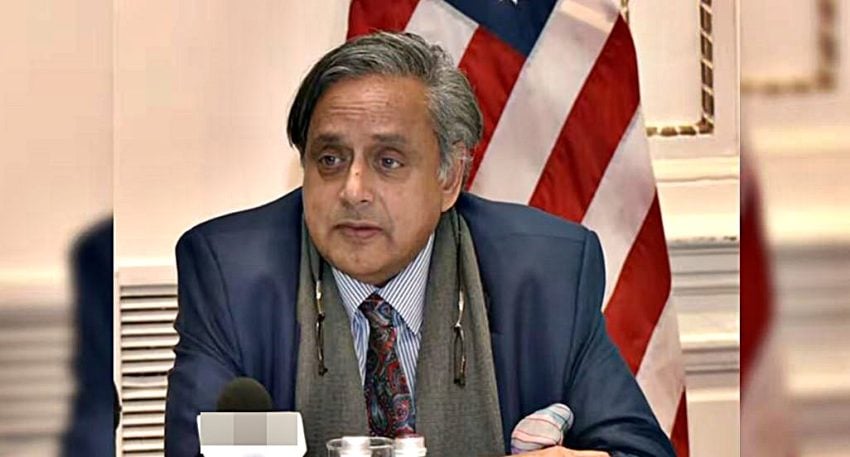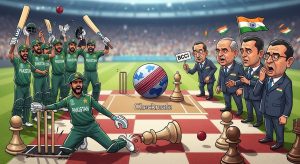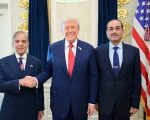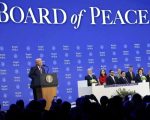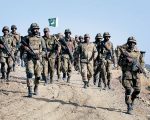One cannot help but observe, with an almost detached academic curiosity, the curious dichotomy in diplomatic methodologies currently emanating from the Indian subcontinent. The tableau is rather telling: on one hand, the erudite Mr. Shashi Tharoor, a parliamentarian whose linguistic dexterity is often, quite justifiably, a subject of admiration (and, dare one say, occasional envy), has embarked upon a well-publicised sojourn to Washington D.C. His stated objective, one presumes, involves engaging with the American establishment, articulating India’s perspectives, and generally reinforcing bilateral ties. Yet, to the seasoned observer of international statecraft, there is an almost palpable aroma of “Bollywood theatrics” accompanying this particular diplomatic ballet – a grand, orchestrated performance designed as much for the cameras and the ensuing headlines as for substantive policy advancement.
The grandiloquence, the carefully curated soundbites, the projection of an India ever ascendant, ever indispensable – these are hallmarks of a particular school of public diplomacy, one that prioritises the spectacle over the specific, the narrative over the nuance. Such missions, often involving substantial entourages and considerable expense, seem calibrated to overwhelm with presence rather than persuade with purpose. One might even venture that the very selection of Washington, the global fulcrum of power and media, as the stage for Mr. Tharoor’s eloquent advocacy, underscores this emphasis on performative statecraft. It is, after all, where the largest global audience can be reached, and where the carefully constructed edifice of national image can be most conspicuously displayed.
Contrast this, if you will, with the contemporaneous diplomatic engagements of Pakistan’s leadership. A high-level delegation found itself not amidst the clamour of the Beltway, but in the historically resonant capital of Ankara. You see, they weren’t there to ‘sell’ some grand vision or impress everyone with fancy words. No, their purpose was far more grounded, more human: it was about making a deeply sincere, yet quietly delivered, gesture of diplomatic thanks. They simply wanted to express genuine gratitude to the Turkish people and their government for their unwavering support when times were truly tough. An act like that – no bluster, no show, just heartfelt meaning – really speaks to a different way of handling foreign affairs. It’s about building real friendships, acknowledging who stands with you, rather than just looking for a pat on the back from the world.
Further underscoring this divergent approach is the reported composition of Pakistan’s forthcoming delegations to the West. It is understood that missions to the United States and three key European nations will comprise a mere trio of representatives. This laudable parsimony is not, one suspects, born of a scarcity of resources, but rather from a clarity of purpose. When a nation is secure in its strategic objectives and confident in the intrinsic merit of its position, the need for vast, unwieldy delegations to amplify its message diminishes considerably. Such lean representation inherently suggests a focused agenda, an intent to engage on specifics, and crucially, an absence of any contrived or “fake agenda” that requires elaborate marketing or a surfeit of spokespersons to obfuscate or embellish.
One is thus compelled to ponder the underlying rationales for these starkly contrasting modi operandi. Could it be that the propensity for elaborate, almost cinematic, diplomatic missions betrays a deeper insecurity, a felt need to constantly project an image of consequence, perhaps to deflect attention from less palatable domestic realities or geopolitical anxieties? Is the volume of the diplomatic orchestra inversely proportional to the inherent strength of the composition being played?
Conversely, a nation that sends forth its envoys with focused mandates and concise teams arguably demonstrates a quiet confidence. It suggests a belief that its actions, its policies, and its grounded diplomatic discourse will resonate more effectively than any manufactured spectacle. It speaks of efficiency, of a respect for the host nation’s time, and an understanding that substantive engagement thrives on precision, not pageantry. The resources saved by such judiciousness can, of course, be more beneficially channelled towards genuine developmental needs rather than the ephemeral pursuit of international optics.
Let’s be honest, in the grand theatre of global politics, what you see isn’t always what you get – perceptions and reality are often miles apart. But at the end of the day, it’s the patient, thoughtful cultivation of real trust and mutual respect that builds the kind of international partnerships that stand the test of time. While Mr. Tharoor’s undeniable intellectual charm will certainly find a welcoming audience in Washington, one can’t help but feel that Pakistan’s quieter, more focused brand of diplomacy – simply thanking steadfast friends like Turkey and engaging Western nations with straightforward sincerity – is perhaps the mark of a more grown-up, enduring, and ultimately, more successful way to navigate the world. Surely, the world can see through the temporary glitter of a well-produced performance to appreciate the solid worth of authentic, unpretentious connection. Substance, in the final analysis, invariably outlasts style.
The Unmistakable Hand: Pakistan Forced to Confront India’s Brutal Assault on Its Children

